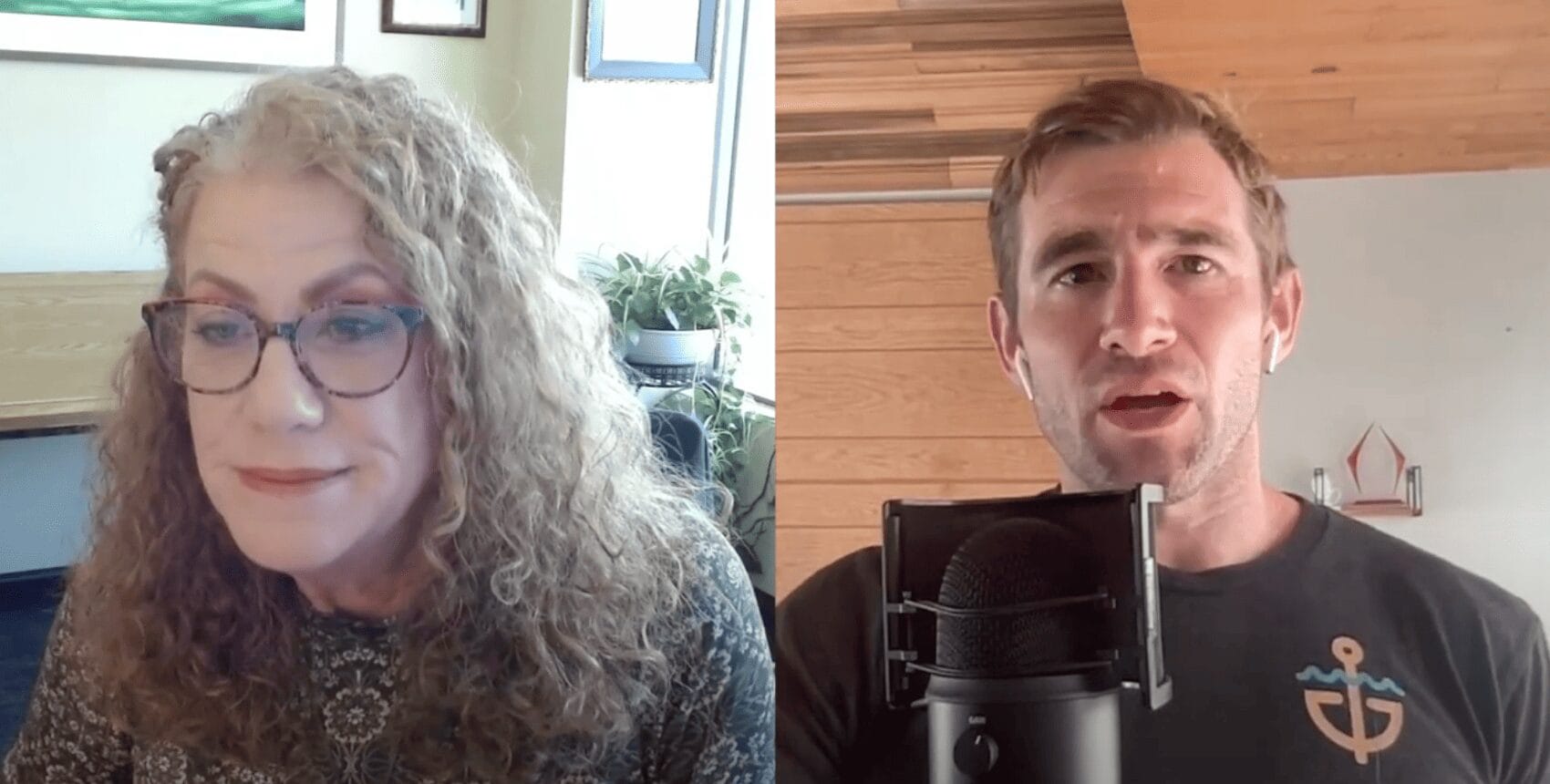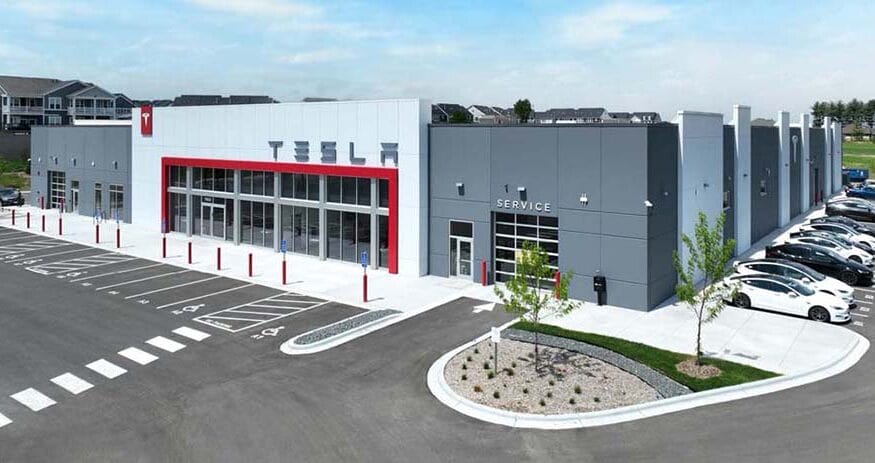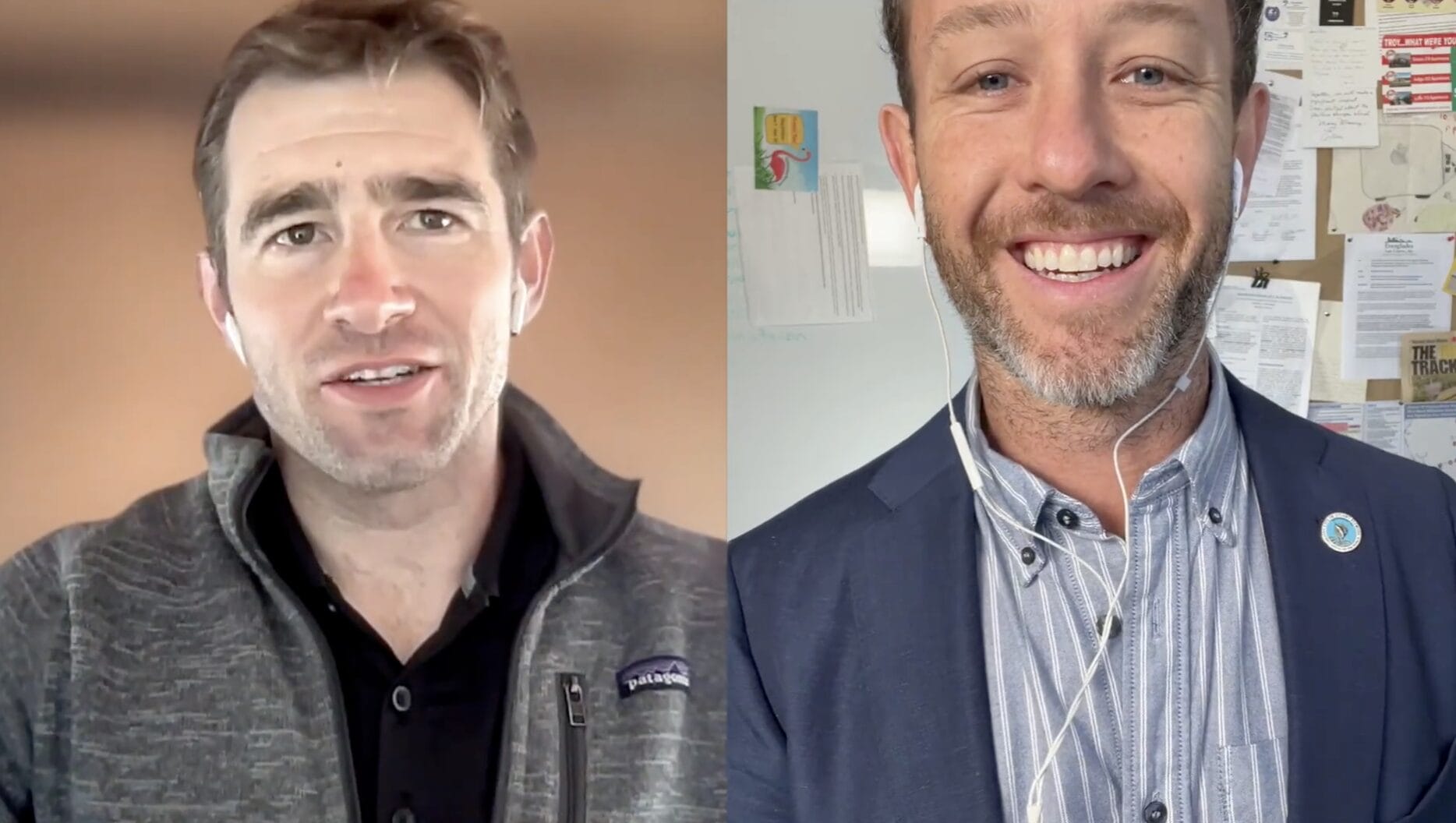In a recent episode of The Current by TreasureCoast.com, we spoke with Gail Harvey, president of Tent City Helpers. They’re a local volunteer-based group that provides weekly outreach services to people experiencing homelessness in Martin County. This episode covered a range of issues affecting the unhoused population and the community’s response.
Tent City Helpers has operated since 2013 and delivers food, water, camping supplies, and other essentials. On Mondays, they serve at six different locations in Martin County, starting at Flagler Park in Downtown Stuart. According to Harvey, the number of people they serve has increased substantially. It’s gone from an average of 30 per week two years ago to up to 70 around the time this was recorded.
Harvey explained that most of their funding comes from private donations, along with a one-time grant from the City of Stuart. The organization relies heavily on Facebook to reach supporters and share updates. Social media also played a key role in keeping the group operating during the pandemic.
Delving Into The Issues
Much of the conversation focused on the challenges unhoused individuals face in Martin County. Harvey shared that many people she interacts with are longtime residents. This includes local former students, veterans, and individuals with disabilities. She stated that families and senior citizens are among the fastest-growing segments of the local homeless population.
Transportation, shelter availability, and healthcare access were noted as major obstacles. Harvey described how the lack of emergency shelter or designated camping areas in the area has led to people regularly being trespassed. She noted that other nearby areas, such as Fort Pierce and Vero Beach, have programs like converted hotel housing and mobile shelter buses that are not currently available in Martin County.
The discussion also addressed Florida House Bill 1365, which encourages counties to provide encampments with basic services like running water and behavioral health support.
The Cost of Homelessness in Martin County
From a cost perspective, Harvey argued that emergency room visits, jail time, and other reactive services for unhoused individuals are more expensive to taxpayers than supportive housing programs. She referenced the “Housing First” model, which emphasizes stable housing as a first step before addressing other issues like addiction or medical care.
The conversation also touched on the limited availability of affordable housing and the challenges that arise when formerly affordable units are converted into market-rate or luxury apartments. Harvey cited the example of a family with a disabled child living in a tent at Jonathan Dickinson State Park due to a lack of other housing options.
Toward the end of the episode, Harvey mentioned several organizations currently involved in homeless outreach, including Write Life Services and the Treasure Coast Homeless Services Council. She noted that the latter has recently begun sending outreach workers to join Tent City Helpers on their delivery routes.
What Can Be Done About It?
When asked what can be done to reduce homelessness in Martin County, Harvey pointed to the need for designated shelter space, improved healthcare access, and political involvement. She stated that many of the people her group helps are not counted in official surveys due to fear of being seen or arrested. This makes it difficult to track the actual scope of homelessness in the area.
The episode concluded with a discussion about Tent City Helpers’ operations. Harvey stated that the organization is entirely volunteer-run. They have no paid staff or overhead outside of a small storage unit. She shared that every dollar donated goes directly toward purchasing supplies for the group’s weekly outreach.
To hear the full conversation, stream the episode on Spotify, Apple Podcasts, or YouTube.







